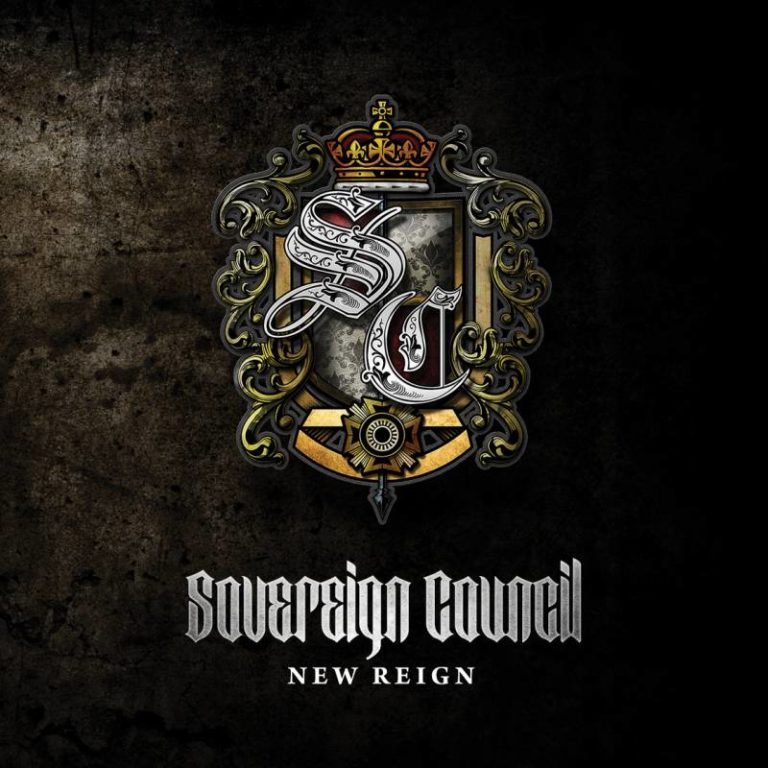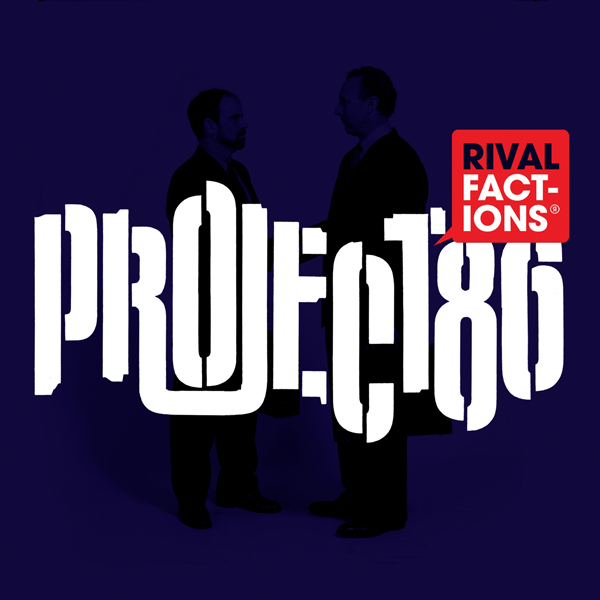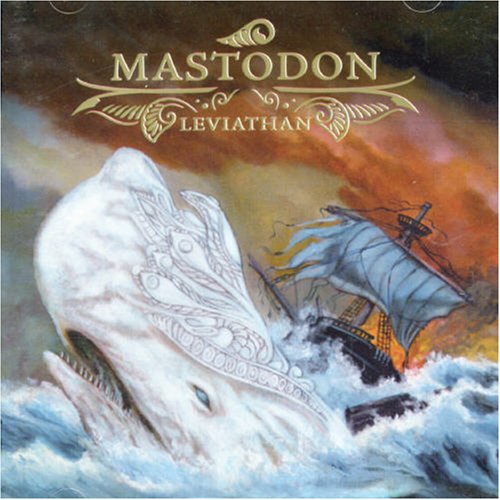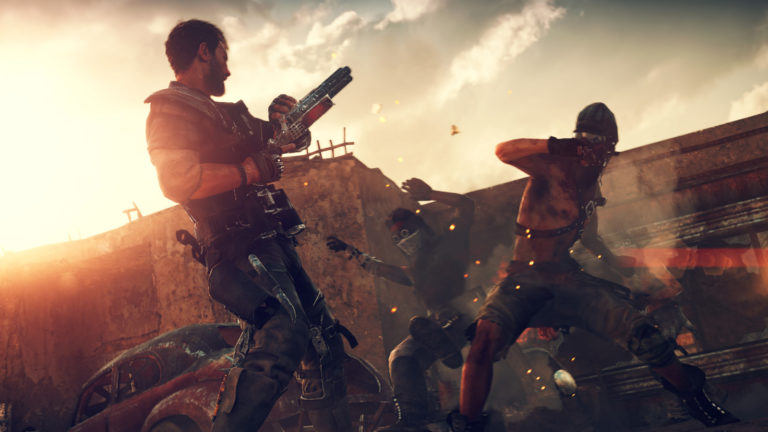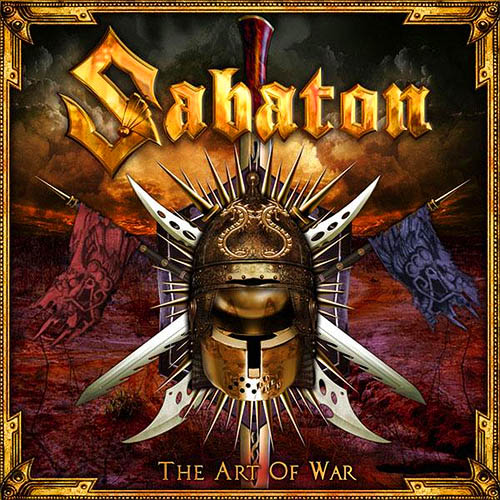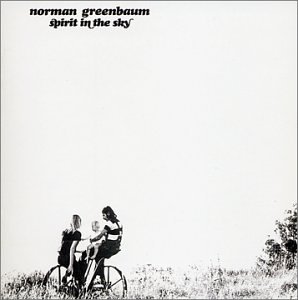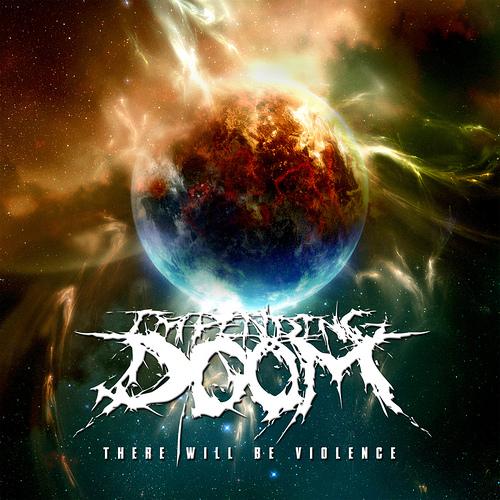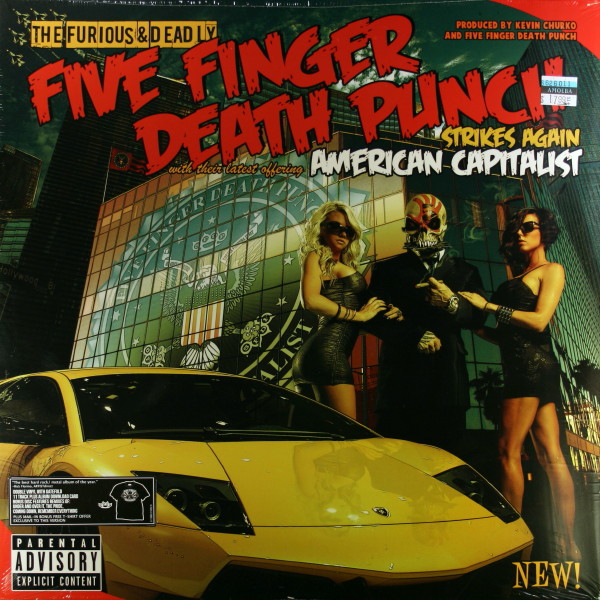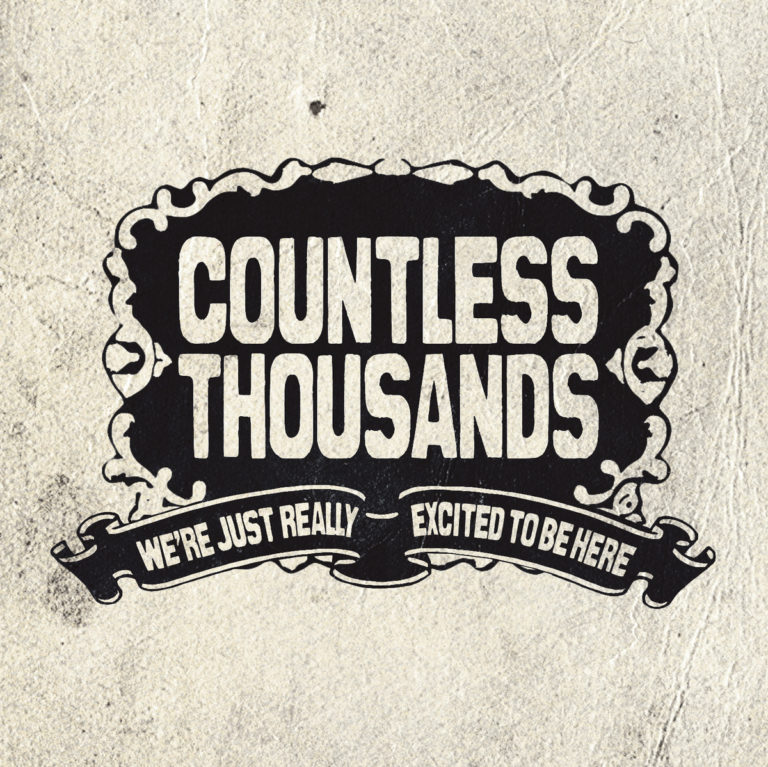First up this week is “November Rain” by Guns N’ Roses from Use Your Illusion I. For...
Year: 2015
First up this week is “God Is Dead?” by Black Sabbath from their latest album 13. I...
Unlike recent weeks, I don’t really have a theme tying the songs together this week. We’re going...
Critical reviews are an endless source of discussion in popular culture. On the one hand, they offer...
EDIT: I’ve been working on a little update for the blog, going through past, current and upcoming...
So I’ve got a bit of an ambitious undertaking that I have been formulating over the course...
It’s apocalypse-mania this week on the playlist. While last week’s selections were loosely/unintentionally-themed, this week it’s entirely...
(Whoops, published this a day early!) First up this week, we have “Alive” by XXI, from their...
The spark for this post came to me a while ago, back when the Truth and Reconciliation...
First up this week is the title track “American Capitalist” by Five Finger Death Punch. I chose...
Again, because I can see some people taking this piece about politicians battling each other to the...
So it’s been a week since Metal Gear Solid 5: The Phantom Pain dropped, and holy shit is...
Note: I would hope that it goes without saying, but just in case, everything in this post...
Continuing the August 21st album analyses from last week, we have “Save Our Last Goodbye” by Disturbed...
